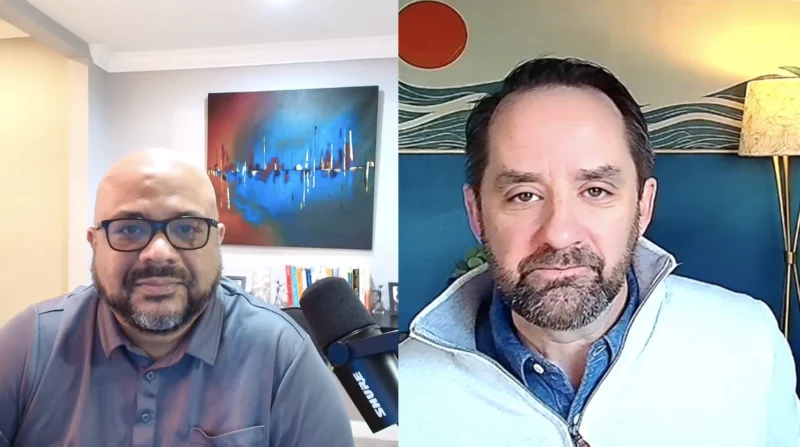Critical Thinking is a Simple but Key Skill for New & Prospective Security Professionals
The emergence of AI in the realm of emergency and security studies is marking an evolution of unprecedented scale, and this year’s GSX trade show put that all on display. Gone are the days when management in these areas relied solely on manual operations and traditional intellectual rigor. Today’s technologies, like AI-enabled security platforms and devices that capture more information than ever, are reshaping the security landscape. However, utilizing and adjusting to them has to be specifically taught, and a key part of leveraging AI-enabled security tools is knowing how to discern the useful from useless, and the risky from the safe.
Merging critical thinking with cutting-edge technological training, security education programs like ones at Tulane University are preparing the next generation for the complex security challenges of the future.
Michael Wallace serves as the Director of the Emergency and Security Studies Program at Tulane University. He has an expansive career that touches upon various aspects of emergency management and security intelligence. Wallace has been instrumental in keeping the program at the vanguard of industry needs and actively integrating technology into classroom learning. In discussing the University’s curriculum approach with MarketScale at GSX 2023, Wallace said his focus on both technological proficiency and critical thinking equips his students to navigate the complexities of today’s fast-evolving emergency and security landscapes.
Wallace’s Thoughts on Critical Thinking
Program’s Recruitment and Exposure to New Technology
“We’re here for a couple of reasons. One is to recruit students for a program. And the second, and this is the fun part of my job. I get to look at what’s new in technology here at GSX. It’s incredible. Every year, I have to pinch myself when I walk onto this exhibit floor and see all these different companies, and all the different technology.”
Amazement at Technological Advances
“I’m really amazed about the advances in AI and robots and things like that. So, it’s very interesting to come not only to talk to prospective students but also to see what technology is out there and what technology is, coming down the pike.”
Prevalence of AI in Different Sectors
“I think the thing that struck me the most, looking around and visiting a lot of these other booths is the prevalence of AI. It’s in everything now. I was just over, looking at, screening on baggage and cars and things like that. And AI does that. AI does facial recognition. AIs with drones, AIs with everything. So, for me, the advances in AI is something that it’s incredible to say the last few years.”
Incorporating Technology in Education
“And so what we’re doing is we’re incorporating technology into our classes. And we do that by, hiring some of the experts in the field to craft our classes and also teach these classes. So for a long time, security management, you didn’t need an advanced degree. And now I think with a lot of these companies, and you can just look around this floor, you have to have a certain level of of education and training. To be able to talk intelligently about these systems, and that’s where we come in. We provide the education part of that.”
Importance of Industry Advisory Board
“We have an industry advisory board, which we have leaders from different areas, including emergency management, security management, homeland security, intelligence, counter terrorism. We just started an open source intelligence program. So, these are the people that I rely on to keep us up to date and on the cutting edge of what our students need to know.”
Preparing the Next Generation
“I tell my students that I’m old. They’re gonna be the next generation taking care of us. So they need to be the best prepared that they can be, to go out in this brave new world. And it’s different. It is changing.”
Emphasis on Critical Thinking Skills
“I mean, the skill that’s most important to me is critical thinking skills, and you don’t have to go to college for that. You can develop critical thinking skills, but that’s something in our program, we emphasize a lot because you have to think of second and third order effects of what a decision is going to mean, whether it’s gonna be your decision or whether it’s gonna be somebody else’s decision.”
Lifelong Learning and Certifications
“I also tell people never stop learning. You don’t have to get another degree, but you should look into graduate certificates. You should look into other types of certificates. Because those just make you a better rounded person in this field.
Article written by Alexandra Simon.








